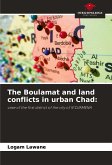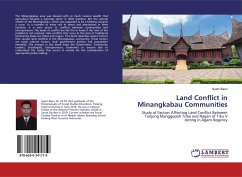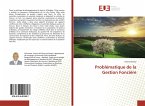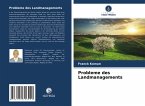In the development policy of the district of Abidjan, the Ivorian state began a process of urbanization of the city of the time. But this phase of urbanization does not seem to be going smoothly. In fact, customary authorities and modern authorities compete for control of land. In fact, these relations between customary authorities and modern authorities concerning the land question result in land conflicts. This study therefore aims to analyze the conflicting relationships between village chiefdoms and state authorities around land. In order to carry out this study, we have developed interview guides for the population of the district of Abidjan, mainly the village of Akéikoi located in the municipality of Abobo and the municipality of Anyama. , the district Pk 18 encampment, Koumassi encampment and members of the staff of the Ministry of Construction, Housing and Town Planning. Thus, from our analysis, the conflicting land relations between customary chiefdoms and state authorities can be explained by the issues that arise around the land question.
Hinweis: Dieser Artikel kann nur an eine deutsche Lieferadresse ausgeliefert werden.
Hinweis: Dieser Artikel kann nur an eine deutsche Lieferadresse ausgeliefert werden.








